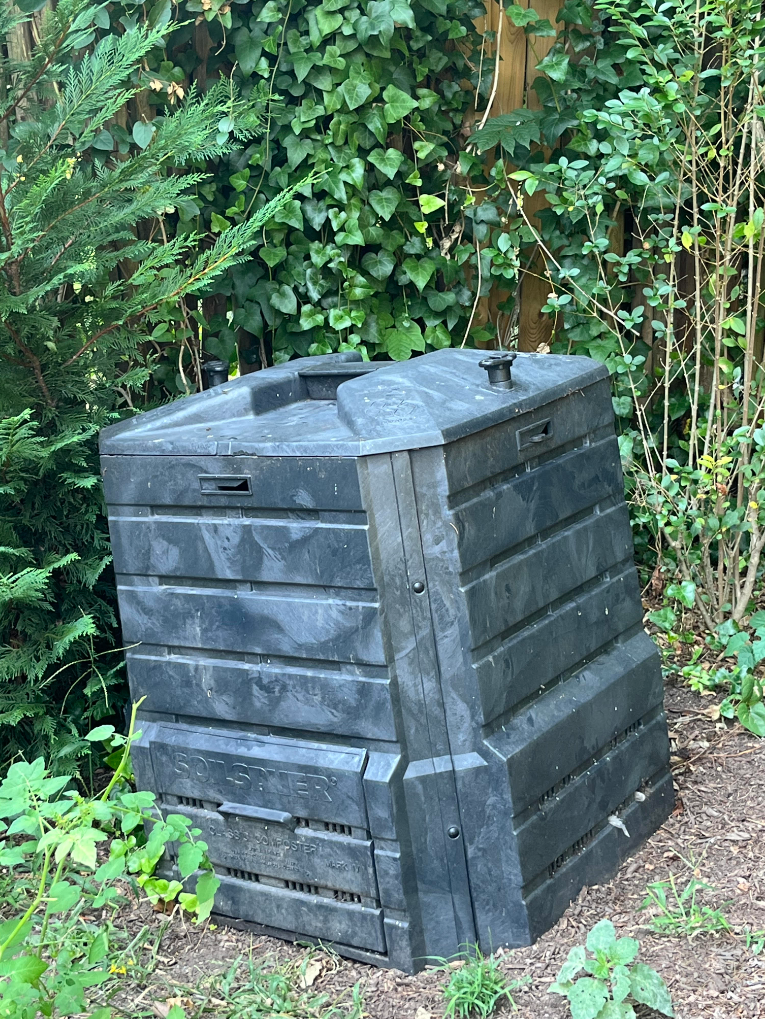The COVID Vaccine and When It Could Get To You
February 1, 2021
After many months of waiting, the COVID-19 vaccine has finally arrived. On December 11th, 2020 the US Food and Drug Administration (FDA) authorized an emergency approval of Pfizer-BioNTech’s vaccine. Pfizer, an American pharmaceutical company, and BioNTech, their German counterpart, developed an mRNA vaccine that is estimated to be nearly 95% effective against the virus.
Development of the vaccine has been swift, and most experts agree that the evidence to support Pfizer’s vaccine is enough to validate the FDA’s emergency authorization. The vaccine is the first to use messenger RNA (mRNA) technology; it works by injecting the mRNA that codes for the coronavirus’s signature “spikes” into the body. Nearby cells will absorb the blobs of mRNA and create the virus spikes. When those cells naturally die, the body’s immune system will form antibodies based on the spike debris to identify and attack any living cell with the spikes. The body will also “remember” the coronavirus’s spikes through specialized memory cells that can keep the immune system ready for years. If a vaccinated person gets COVID, they will be ready to secrete antibodies to stop the infection.
A second vaccine contender, Massachusetts biotechnology company Moderna, has developed a similar mRNA vaccine and has been endorsed by the FDA. Unlike Pfizer’s vaccine, which needs to be transported and stored in dry ice at -94 degrees Fahrenheit, Moderna’s vaccine can be stored in a normal refrigerator at under 46 degrees for seven days. Both vaccines will require two doses, 21 and 28 days apart for Pfizer and Moderna, respectively. The efficacy rate of each vaccine increases greatly after the second dose.
Now the question is: how long will it take for us to receive the vaccine? According to the New York Times, Archmere students are in line behind about 185.6 million people across the United States and 571,600 people in Delaware for the COVID vaccine. However, this is just an estimate, and, if the vaccine is not approved for people under 18, we could be skipped altogether. Current estimates state that students may not be able to receive the vaccine until the end of this school year. But for now, the best we can do is sit tight and stay apart this year.

















